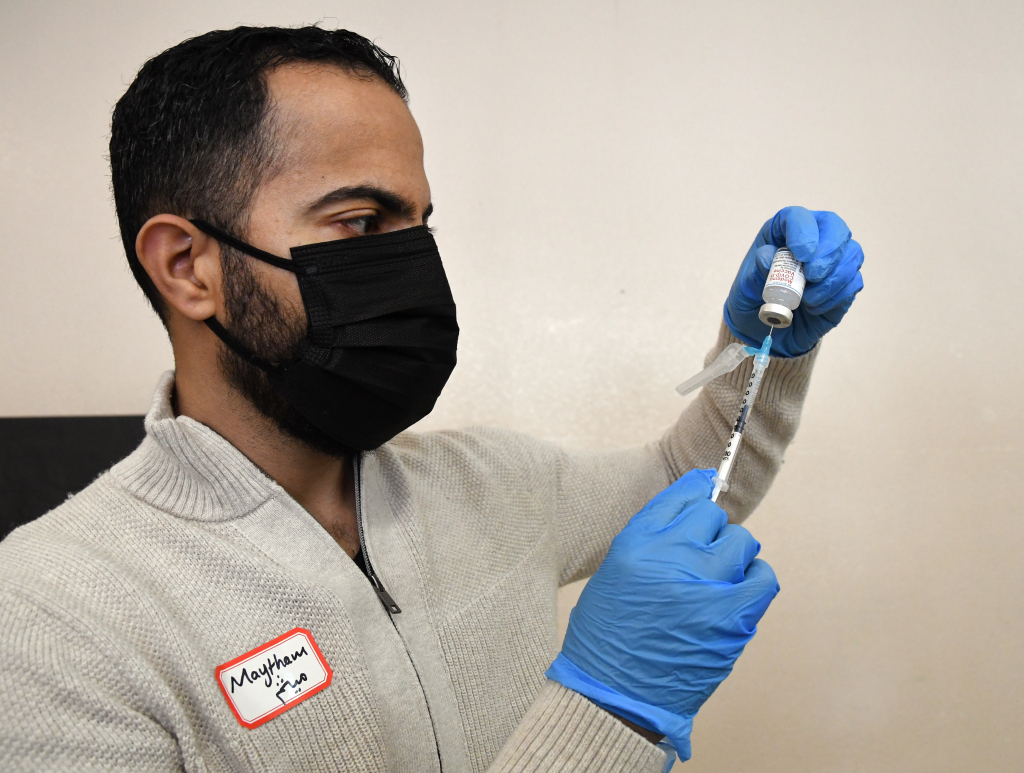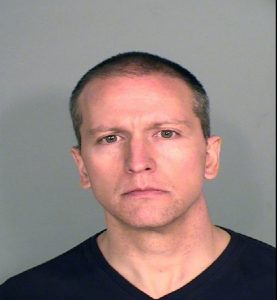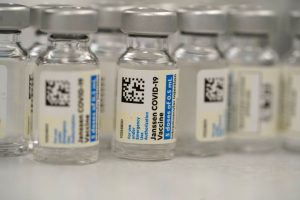Students at the University of Colorado Boulder will participate in a study to determine whether the COVID-19 vaccine developed by Moderna prevents transmission of the coronavirus.
The study began at the university last week when 11 students were vaccinated against the coronavirus. About 700 students from the school will participate in the five-month study, according to a news release.
The goal of the study is to find out whether Moderna’s vaccine will prevent a person from becoming infected after they are vaccinated and if the shot also will stop the virus from spreading to others. Clinical trials have mostly focused on how well the vaccine protects those who received the shot from moderate and severe disease, the latter of which can lead to hospitalization and death.
A federal study published Monday found that the vaccines developed by both Moderna and Pfizer are effective at preventing infection of the coronavirus in people with the shots, suggesting transmission is rare.
It also found that with two doses, the shots prevented 90% of infections. And after one dose, the vaccines prevented 80% of infections, according to the report published by the Centers for Disease Control and Prevention.
A person is considered fully protected two weeks after their second dose of the Moderna and Pfizer vaccines.
The study that CU Boulder is in will also look at how well Moderna’s vaccine prevents asymptomatic transmission of the virus, which occurs when a person is infected but doesn’t have symptoms, according to the news release.
“Until we know how much vaccination protects you from infecting others, it is hard to know how much to relax restrictions and fully reopen things,” said co-principal investigator Dr. Brian Stauffer, chief of cardiology at Denver Health Medical Center, in a statement.
In the study, researchers will vaccinate half of the students initially, while waiting to give the other half their shots four months later. The students will get tested twice a week using CU Boulder’s saliva monitoring program. If a person tests positive, their close contacts will be asked to collect nasal swabs daily for 14 days and blood samples to determine if they also get infected, according to the news release.
In total, 12,000 students from 21 universities will participate in the study, which is led by the COVID-19 Prevention Network at the Fred Hutchinson Cancer Research Center in Seattle. The ages of the participants range from 18 to 26, according to the release.
Subscribe to bi-weekly newsletter to get health news sent straight to your inbox.



















